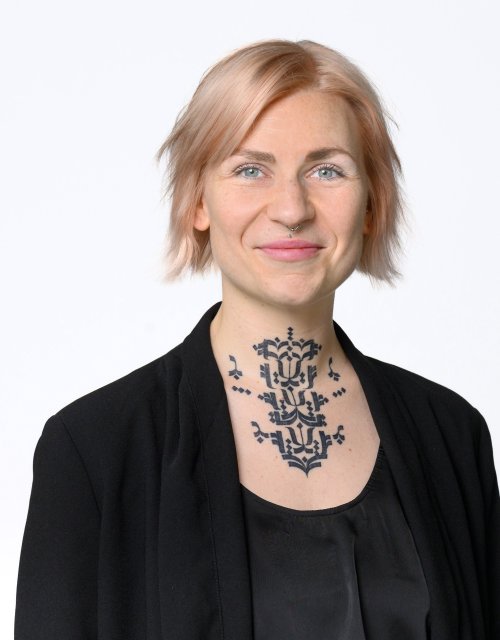Second Global Network survey: challenges remain for women in global business
The results show that women are still underrepresented in business leadership roles worldwide, which can be traced back to specific reasons including the reconciliation of work and family life and the opportunity to work remotely. This second Global Network survey pinpoints four main trends for inequality in the workplace, specifically:
1) Time is money: Productivity at the job is viewed more important than availability at the office.
2) Workplaces favor assertive women (and men): A preference for assertive personalities exists but varies significantly across countries.
3) Who is responsible for childcare? Respondents expect that women take on more childcare responsibilities.
4) Working remotely extends the workday: Working remotely during regular business hours is viewed negatively, while working remotely outside them is a plus. Rather than create more flexibility, technology may be extending the hours people are expected to work.
To counter challenges for women, the survey suggests that companies should reward productivity rather than work hours, support diversity, encourage fathers to take on more childcare responsibilities, and use the ability to work remotely to allow for workplace flexibility. In doing so, businesses are able to develop a culture that supports women in the workplace and encourages a healthy work-life balance for all employees.
Reconciliation of work and family life is still a key career factor for women in Germany, as indicated by a recent OECD study that revealed that raising children is primarily considered a woman’s responsibility while men are the main breadwinners. Another important factor is the impact of digital transformation in the workplace. Digitalization boosts flexibility and opens up opportunities to establish companies. Alternative work models and being able to work remotely seem to improve women’s career prospects. However, flexible working hours are not always implemented by companies, a concern recently taken on by the Federal Ministry for Family Affairs, Senior Citizens, Women and Youth in its guideline for family-friendly working hours.
The release of the Global Network survey marks International Women’s Day on March 8. For a full copy of the report, please visit http://advancedmanagement.net/about/women-global-workforce.
About ESMT Berlin
ESMT Berlin is a leading global business school with its campus in the heart of Berlin. Founded by 25 global companies, ESMT offers master, MBA, and PhD programs, as well as executive education on its campus in Berlin, in locations around the world, online, and in online blended format. Focusing on leadership, innovation, and analytics, its diverse faculty publishes outstanding research in top academic journals. Additionally, the international business school provides an interdisciplinary platform for discourse between politics, business, and academia. ESMT is a non-profit private institution of higher education with the right to grant PhDs and is accredited by AACSB, AMBA, EQUIS, and ZEvA. It is committed to diversity, equity, and inclusion across all its activities and communities.
